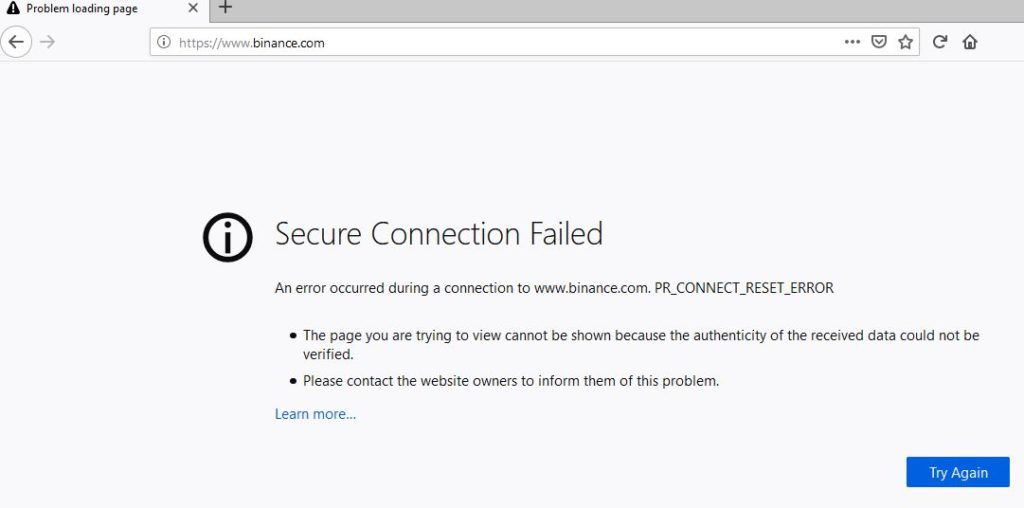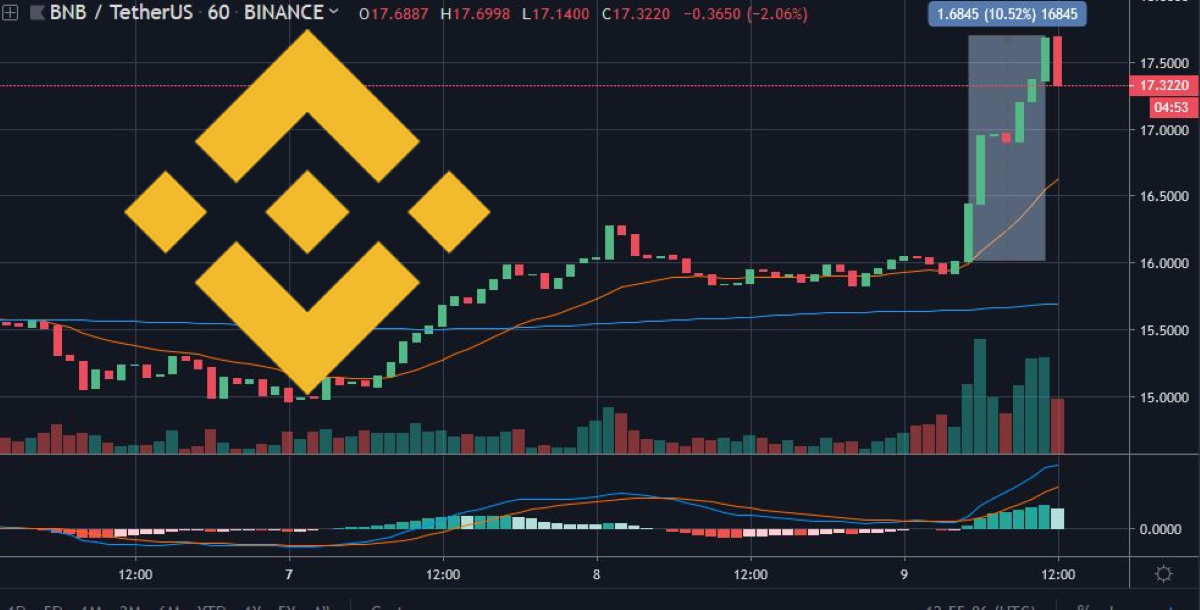Egyptian Telecommunication Company (TE data), Egypt’s largest internet service provider has blocked access to some major cryptocurrency exchanges such as Coinbase, Binance , Bitfinex , Kraken and Bitstamp. TE Data is owned and operated by Telecom Egypt.
TE Data has 65% of the market share and controls over 70% of the internet bandwidth in Egypt.
Egyptian users will have to use VPN, to switch to another ISP such as Vodafone Egypt or to use Opera and TOR web browsers in order to bypass the censorship.

So far, Poloniex, Huobi, Hotbit, Bittrex, Kucoin and Gemini websites are not affected by this new censorship.
Number of blocked websites continued to rise in Egypt, including independent news websites that published articles critical of the Egyptian government. Other banned sites include international news outlets such as the Arabic channel Al Jazeera and the Huffington Post Arabic.
The new banking law for the Central Bank of Egypt (CBE) bans creating, promoting or operating cryptocurrency platforms for issuing or trading encrypted currency or cryptocurrency without obtaining the necessary licenses in advance.





